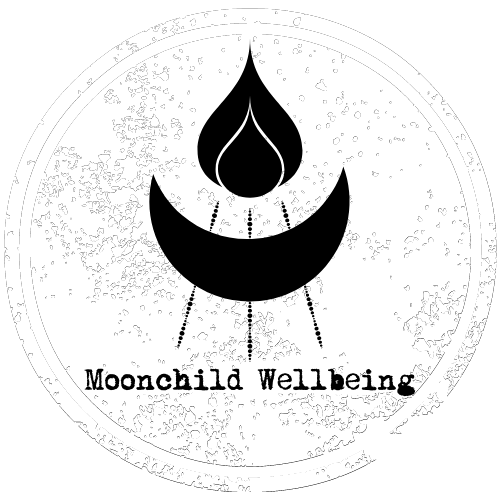Mullein Monograph

Chances are if you’ve observed the ditches and hills along the roadsides as you’re driving, you’ve met Mullein, if only informally.
Mullein, Verbascum thapsus, is a member of the Scrophulariaceae (figwort) family. It’s a biennial plant, meaning it’s 2-year life cycle consists of growing a basal rosette of soft leaves during the first year and shooting up a flower spike that can reach up to 6 feet tall during its second year. Native to Eurasia and Africa, Mullein now grows all over the world in human-disturbed habitats, cliffs, balds, fields, and ridges. The downy gray-green leaves are simple and alternate. The bright yellow flowers have 5 petals and 5 stamen.
Energetically, Mullein is cool, moist, sweet, and salty. It is associated with Saturn and has an affinity for the lungs, the structural systems of the body, and the emotions.
Records indicate Mullein was used medicinally as early as Ancient Greece and has been used extensively throughout the world since that time. The roots, leaves, and flowers each have specific medicinal actions- today we will focus on the leaves.

Mullein’s most celebrated medicinal aspects are its ability to soothe and heal the lungs from pathogens and environmental toxins. As a gentle relaxant, antispasmodic, and inflammatory modulator, Mullein eases hacking, unproductive coughs while reducing inflammation throughout the throat, lungs, and bronchials. Its strong demulcent quality moistens and nourishes dry, irritated tissues in the throat and bronchials allowing excess phlegm to loosen and clear out. The magic of Mullein occurs in the intersection of those medicinal properties and specifically indicates this herb for upper respiratory infections with dry, irritated, unproductive, painful coughs and tightness in the chest and throat.
Mullein is also a useful herbal ally for smoking cessation. Mullein can be smoked as a replacement for tobacco cigarettes which invites it’s relaxant, antispasmodic properties directly into the lungs. This helps to relieve cough, loosen constriction, and heal some of the smoke damage- if done in moderation.
Mullein is gentle enough to use in children, pregnancy, and lactation. Caution must be given to the source of your Mullein, make sure it was grown in clean soil far away from the roadsides where it likes to grow so abundantly.
I love adding Mullein to my herbal teas throughout the cold winter months when my lungs feel cracked and dry, and as a Springtime tonic for the tightness and congestion that accompanies my seasonal allergies.
Have you met Mullein before? Let me know your experiences in the comments!

